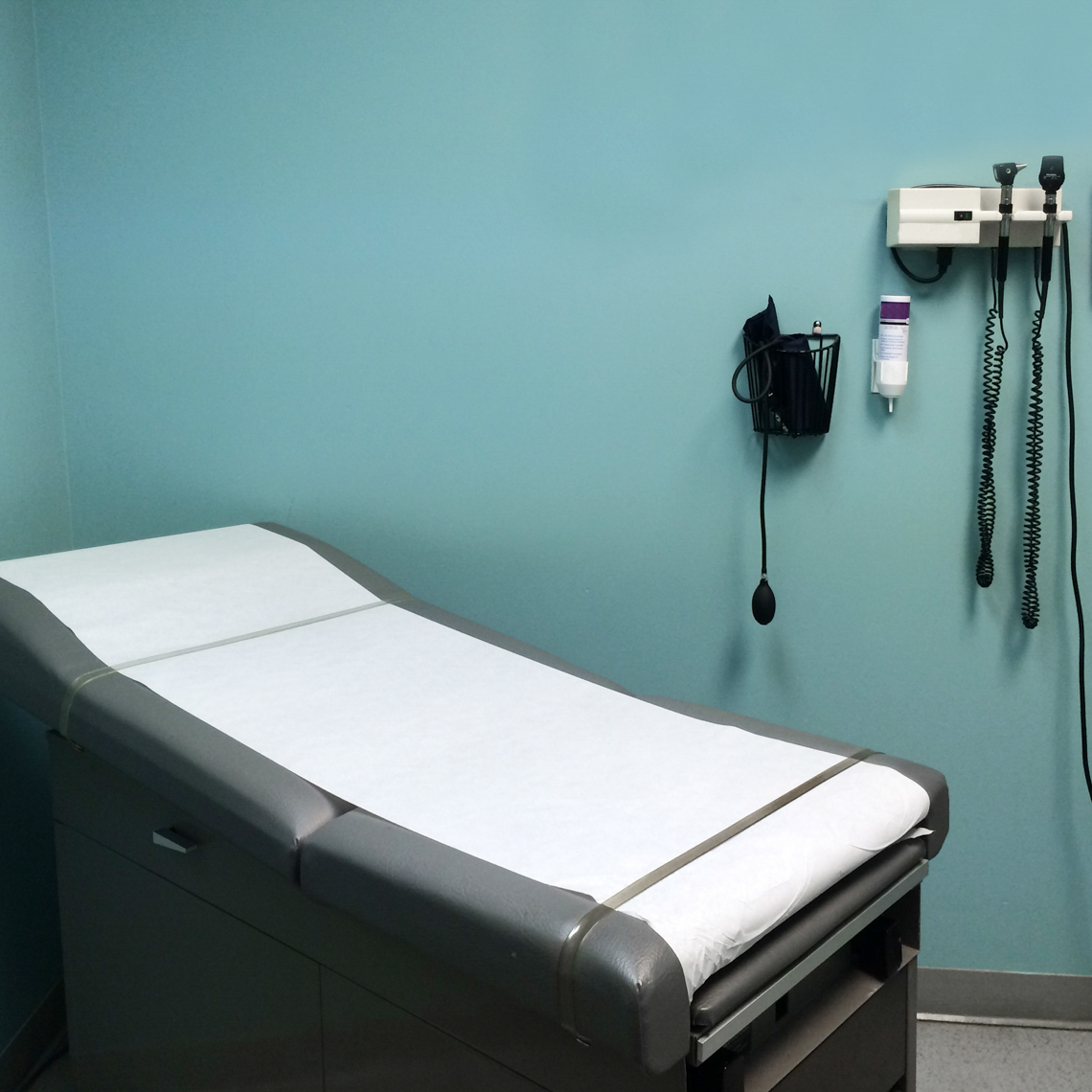Article
Legal Report: Risky “Favors” for Friends
Protecting your professional integrity and medical license when friends, family, and colleagues corner you at the barbecue.
Commentators
- Frank Reardon, JD; Hassan & Reardon; Boston, MA
Transcript
Doing favors for a friend. Medical professionals can create problems for themselves and others. And Legal Editor Frank Reardon looks at the common pitfalls.
Whether you are a mechanic, an accountant, a computer specialist or a doctor – friends and family are always looking for a little free advice. Some may want special favors. If you have a patient who is well-known, they may want to be treated anonymously. A recent news item described a celebrity who was carrying a prescription his doctor wrote with someone else’s name. In other situations, a colleague may seek an informal or “curbside” consult. Because you have been trained to provide guidance and advice to those in need, it is your natural instinct to respond.
These acts of helpfulness carry some risk to the provider. Some are more serious than others. Being asked to do something that violates a statute, or licensing regulation or professional ethics should be met with a polite explanation that it is not possible. Violating a licensing regulation with an inappropriate prescription is a good example.
But one difficulty for professionals is that free advice is often considered “informal” by the physician and accepted as gospel by the relative or friend. This is especially true if the informal advice is being given to a friend or relative who also happens to be a patient.
As a healthcare professional it is imperative to remember that people will take quite seriously any conversations you have with them about your health, regardless of where it takes place. People usually “hang” on every word. No one wants to be sick, so they especially want to rely upon you when you downplay the significance of their symptoms. There are plenty of lawsuits involving physicians who have provided informal advice to a friend or family member who then went on to have a bad medical outcome.
Two main issues need to be addressed. First, when discussing medical issues with friends, family or acquaintances in an informal setting, you should always keep in mind the detailed approach you would take if you were in your office. Based upon your training and experience you would pursue a detailed history, physical and analysis before making a diagnosis. You use this approach for good reason. You should not let your guard down and provide detailed medical advice without following this process, just because you are at a cookout.
You can establish a standard response in which, instead of providing advice, you ask these individuals to see you or their primary care physician in the office or send them to the ER if appropriate. For example – you could tell the person that you make a practice of not providing medical advice without getting all the pertinent information which isn’t possible in this setting. It really doesn’t matter how, but you need to think ahead of time how to comfortably decline.
This scenario is similar to curbside consults in the hospital or the hallways of your office. We have represented physicians in lawsuits in which the physicians thought the advice they were providing was informal, since it was based solely on the information provided in the discussion. Then there was an unfortunate outcome and lawsuits followed. Since the primary treaters who were being sued said that they had relied upon the curbside consult in making their decisions, the person they informally consulted gets dragged into the lawsuit as well.
One way to handle this issue is to address curbside consults up front with your colleague requesting advice. Tell the physician that this is informal. Tell them if they are going to list you as a consultant in the medical record, you need to get more information or see the patient. If you are the physician asking for a curbside consult, it is not fair to list them as a formal consultant without telling them.
One of the main issues for all of these situations is whether a physician-patient relationship actually exists. Establishment of a physician-patient relationship is a legal question that will be decided by the facts of each situation. For example, if advice is given at a cookout to someone that is already a patient about a specific presentation, a physician-patient relationship is more likely to exist than if you just met someone at a cocktail party and were discussing very generic issues. This issue also exists when providing opinions to other physicians. If the advice is based upon a formal consult documented in the medical record, a physician-patient relationship will probably be found to exist, even if you didn’t really treat the encounter that way. However, if you are discussing a hypothetical patient with a colleague at a conference the relationship is more suspect.
The bottom line advice is to follow professional and legal requirements at all times. Assume that friends or relatives are going to rely on any advice you give them. With colleagues, make sure you understand the nature of their request with the understanding that any advice you give may be relied upon by that clinician in treating a patient. And address the formal or informal nature of your consultation directly.
Related Articles
Resources for Presenters


